Author: Walter van Beek
-
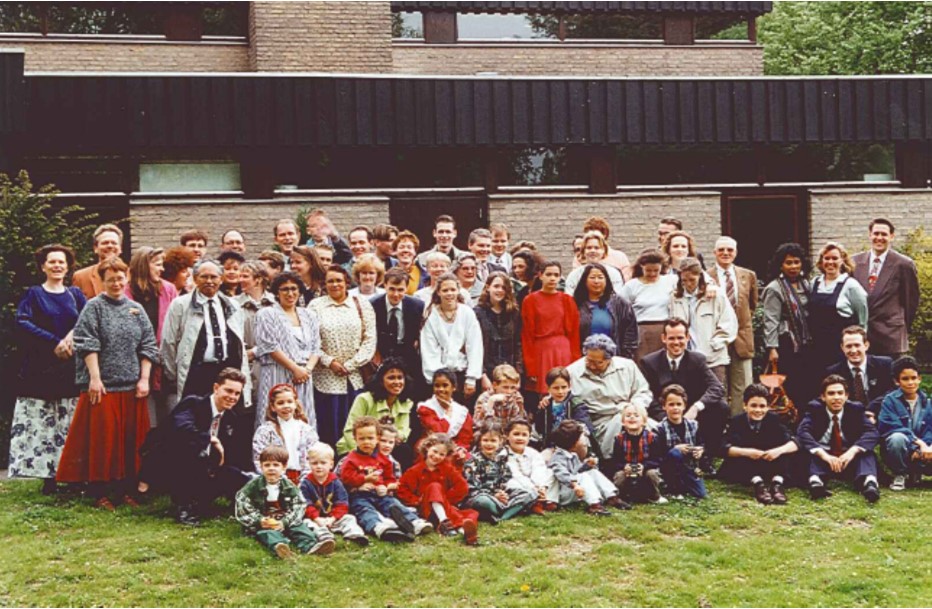
America, election and the International Church
Over a month ago, I was asked by the Salt Lake Tribune what a reelection of Donald Trump would imply for the International Church. The reasoning of the journalist was that Trump’s performance as President of the United States, especially his handling of the covid-19 pandemic, was severely damaging not only his status in the…
-
Covid-19 and religious freedom?
This is a comment and reflection on David Bednar’s speech on corona and religious freedom, to be viewed at https://www.youtube.com/watch?v=DGU7GG5t6Ek Of course religious freedom is an important value in human civilization, and, yes, of course it has to be defended, David Bednar, of the Twelve, was completely right in taking up that issue, especially in…
-
Whispering from the dust
As comments go this is a rather belated one, but PA decisions are not up to warp speed either; anyway, the decision is there, timely and adequate. The issue? Some years ago I wrote about the absences in Mormon weddings, zooming in on the visual image of weeping moms at the temple steps. Just picture…
-
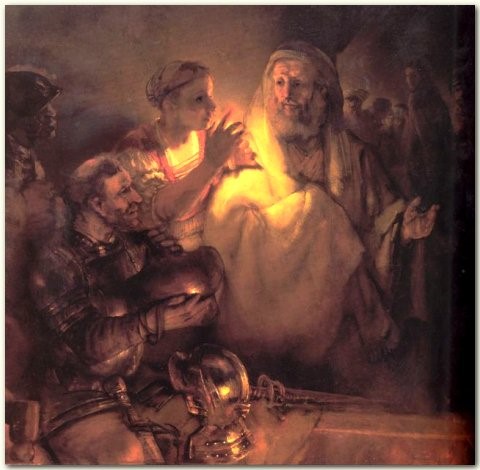
Revelation by the rooster
It is a week after Easter now, and surely Petrus (Peter, the English call him, but I prefer his more apostolic sounding Latin name) has come back from his great shock, delivered by the rooster; that early morning crowing did put him back with his feet on the ground: he had showed weak when confronted…
-
Global Mormonism: decentered and decentering
One central question in Mormon Studies, from its inception, is in what measure preaching and practice in the Church is interwoven with American culture. Of course the American stamp on the Church is pervasive and evident, with its origin in upstate New York, its movement westwards with the 19th frontier, its establishment as the Deseret…
-
Challenges for the church in 2019. A view from across the pond
On its website lds.org the church has a nice item on how the church changed in 2018, mainly by streamlining its operation: by a massive fusion of branches and wards in many areas, a fusion of priesthood quorums and by limiting Sunday congregation time. Together with Clark Goble’s informative blog on happenings in 2018, this…
-
A homophobic church ?
LGTB issues continue to haunt our Church’s leaders, and for some time will continue to do so. Recently, The Advocate, a platform for gay expression, drew up a list of top ‘homo- and transphobics’ in the world, and here I was unpleasantly surprised to see listed among the three top homophobics, Dallin Oaks. He was…
-
What if Harry and Meghan ….
As more or less self-appointed wedding-specialist I simply had to watch the “wedding of the year”, between the British prince Harry and the American actress Meghan Markle. And what a splendid event it was, a joy to watch, and a rich inspiration for ‘pondering’. So let us ponder. First, it was a “real wedding” indeed,…
-
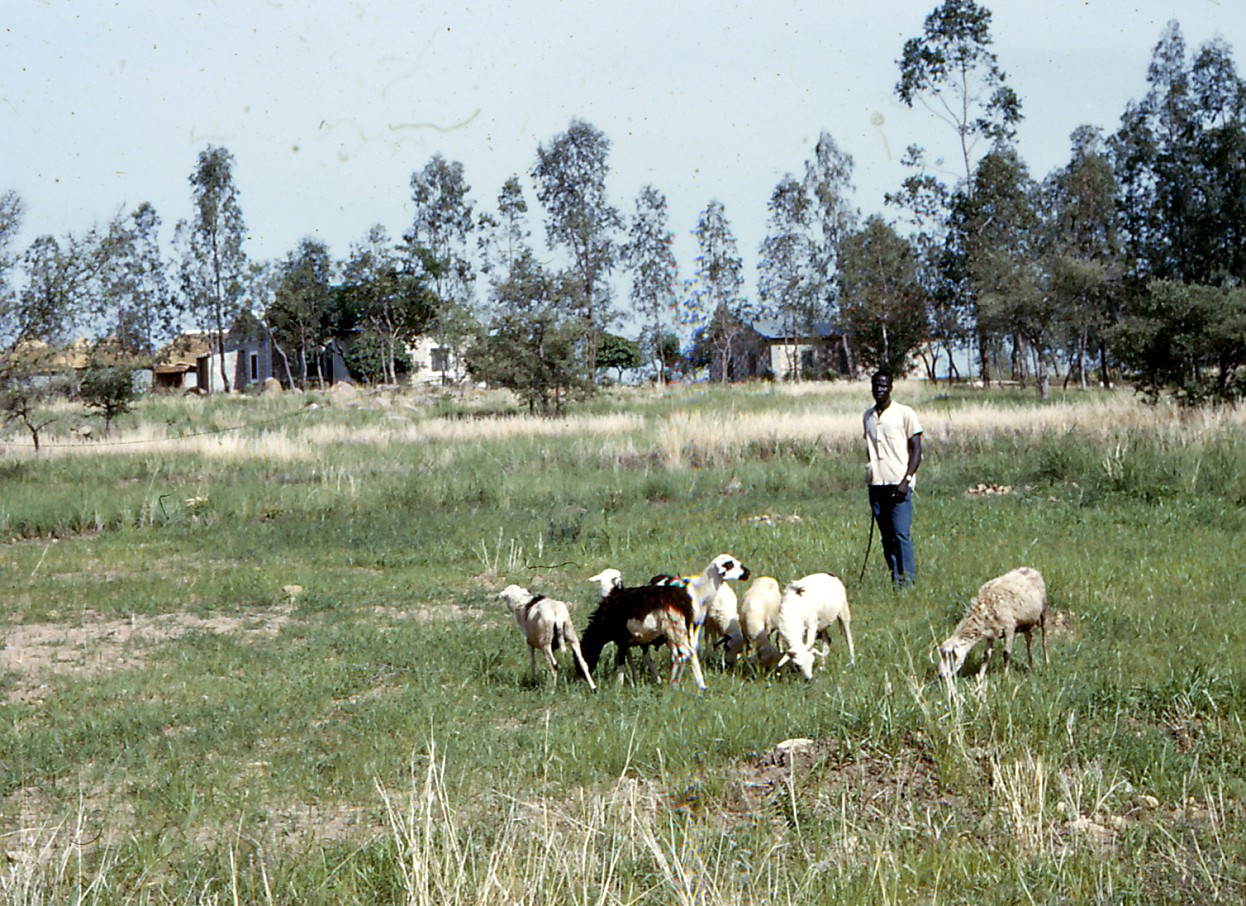
Bridewealth and gospel: an African quandary?
In his recent world tour President Russell Nelson visited Kenya and spoke about a specific cultural custom in Kenya, the bridewealth or bride price. President Nelson called it ‘dowry’, which is technically incorrect, but that is not the issue I want to raise here. Bridewealth consists of the valuables that are transferred from the family…
-
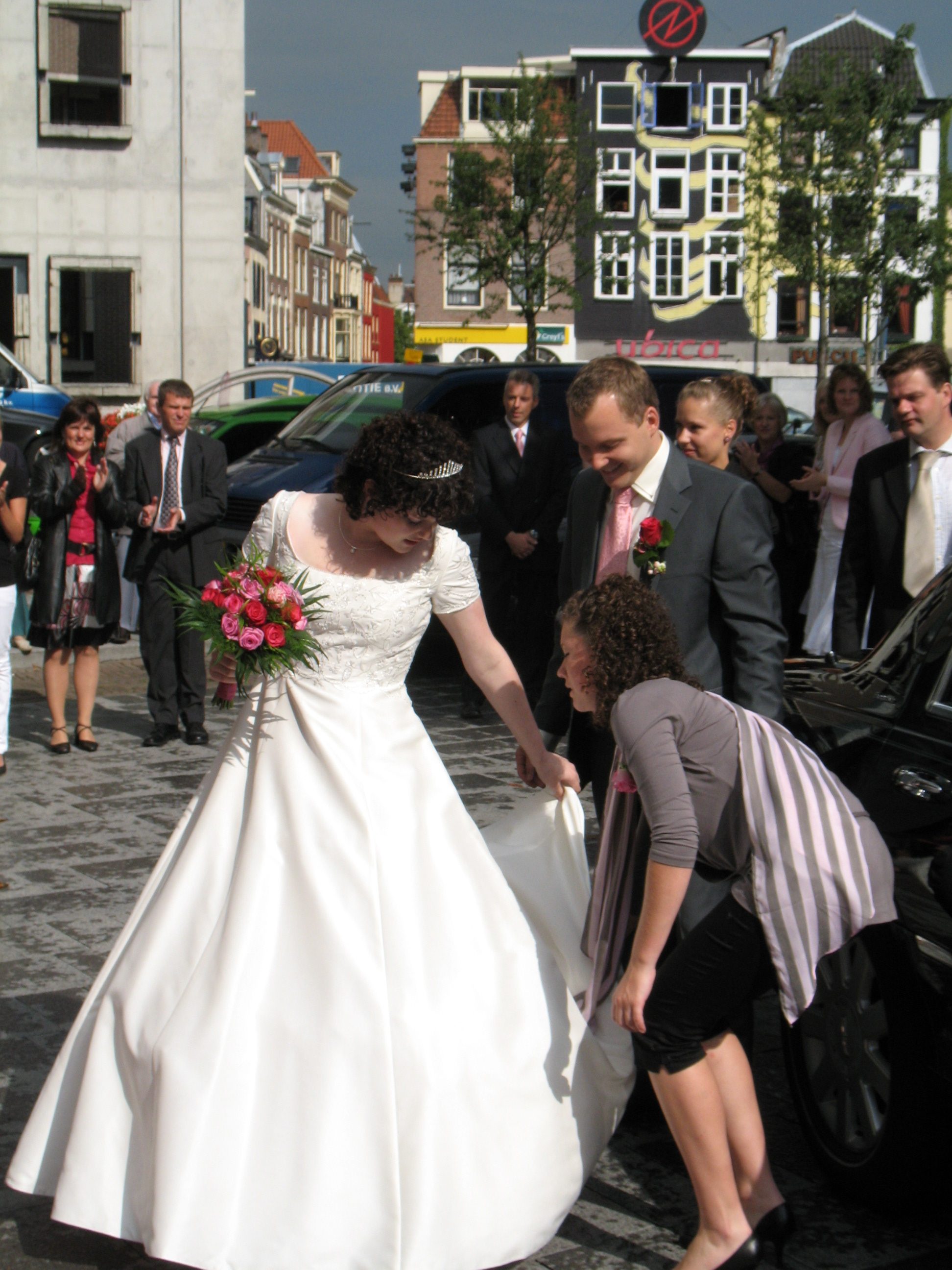
Where is the wedding?
This post is about ritual, not doctrine, so it is about the form of worship, not its theology. I will use the word ‘ritual’ for all formalized forms of worship, Mormon and other, even if we use ‘ordinances’ in our own ‘Mormonese’, but ‘ritual’ is the generally accepted term. Rituals are important since as symbols…
-
Water under the bridge at Christmas
Of course we understand that singing at the inauguration of a president is a boon for the Mormon Tabernacle Choir; the choir’s president Ron Jarrett said that the choir would be “honored to be able to serve our country by providing music for the inauguration of our next president.” It is not the first president…
-

Forgiving our leaders
It is about ten months ago now, that Sad Sunday when the ‘Exclusion Policy’ was upon us, the one that created a lot of problems, while solving probably none. In our ward we lost our bishop through it, and he still has not returned. Also, some of the Primary kids still have not been baptized,…
-
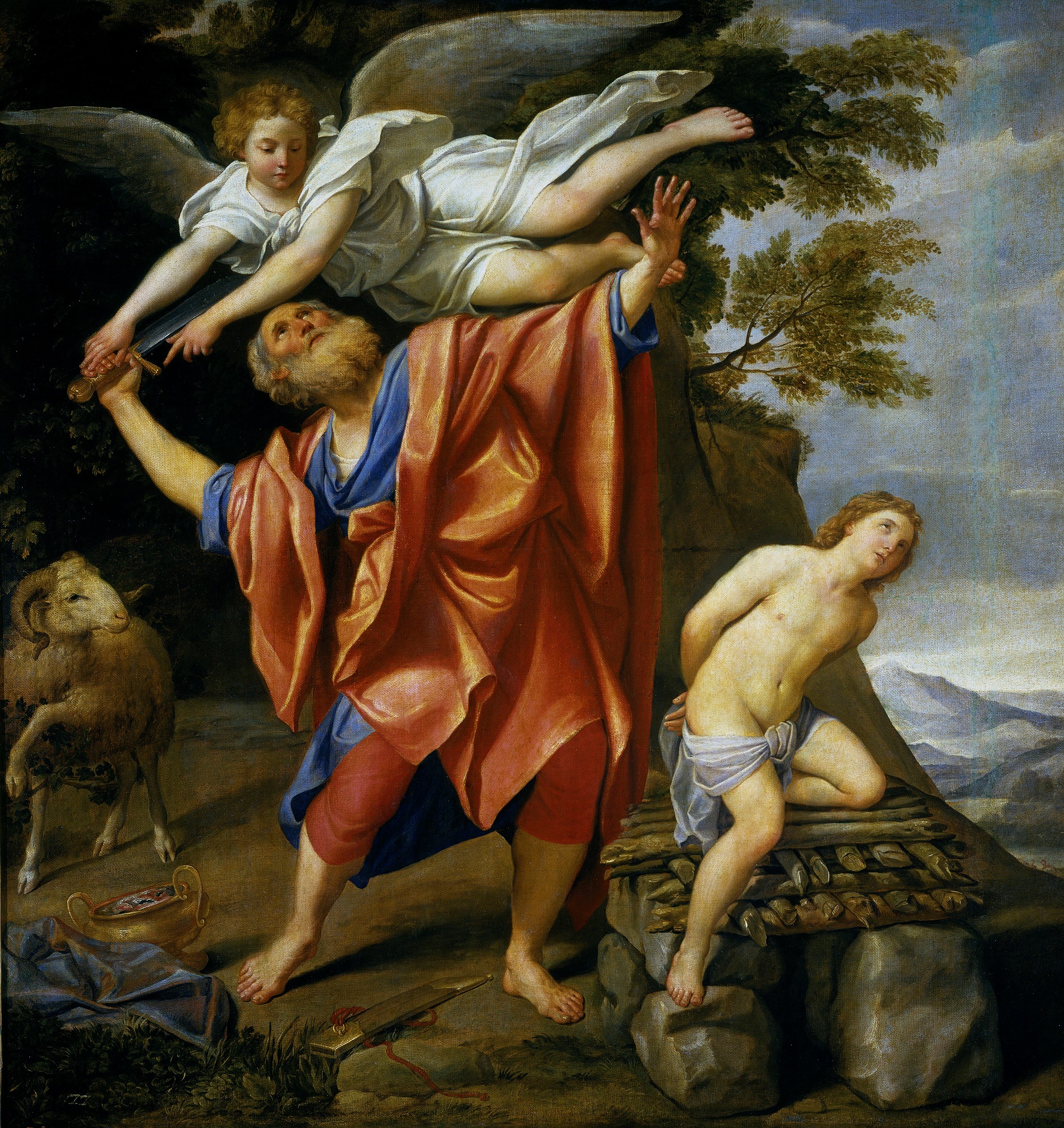
Abraham, a dilemma solved?
The man who killed our former Secretary of Health, dr. Borst (see my last blog), will be institutionalized with mandatory psychiatric treatment, for a period as long as is deemed necessary by the experts, till they deem him no longer a threat to society. The judges opined that he was completely unaccountable, living in a…
-
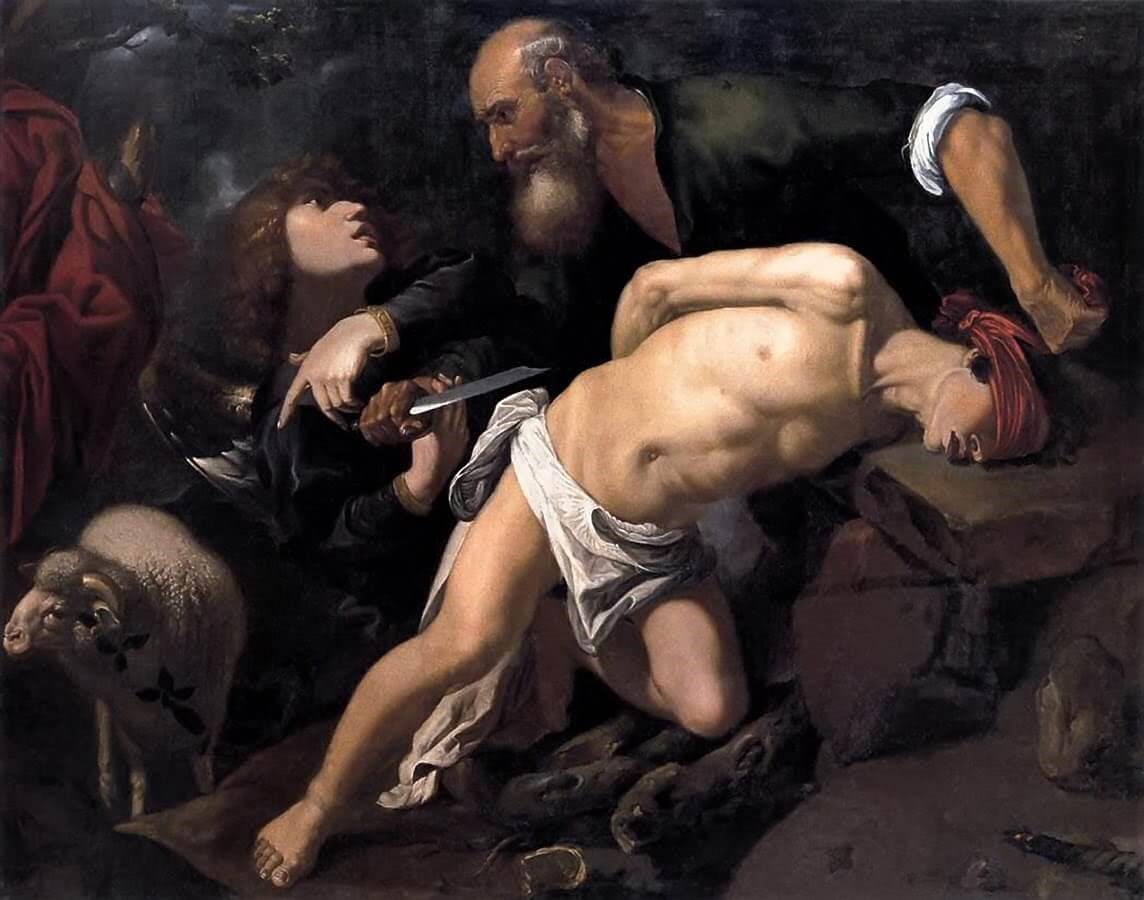
Abraham, the legend
Right now in the Netherlands a man stands trial for the murder of former Health Secretary, Els Borst. The culprit has confessed, stating in his defence that God commanded him to kill dr. Borst as she was responsible for the new euthanasia laws. The immediate reaction of the Dutch public is that he is insane;…
-
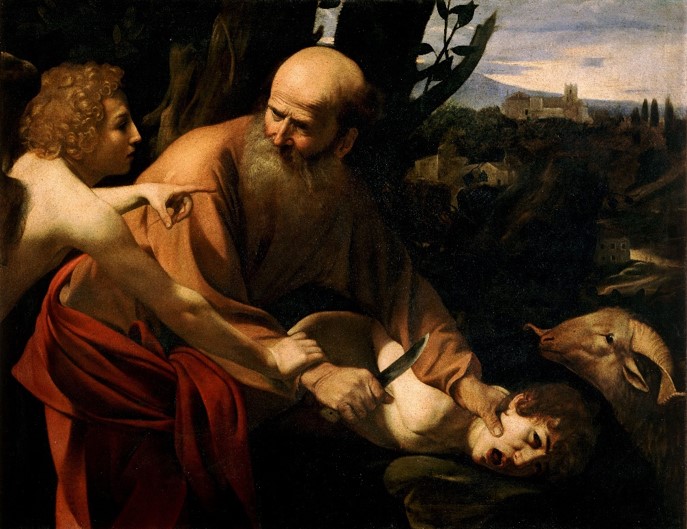
Abraham: the problem
At the moment I am teaching a course on ‘Religion and Violence’ for Leiden University in the Netherlands. The topic is all too obvious these days, especially after the last brutal terrorist attacks in Brussels. As a text we use Karen Armstrong’s Fields of Blood. Religion and the History of Violence, a book in which…
-
A sad Sunday
It was a sad Sunday, this 15 November 2015. For two reasons; the major disaster of course was the murder spree in Paris, which has shocked Europe to the core. The Sabbath prayers in our Utrecht ward were for the many victims, and for the grieving host of their loved ones. Europe is united in…
-
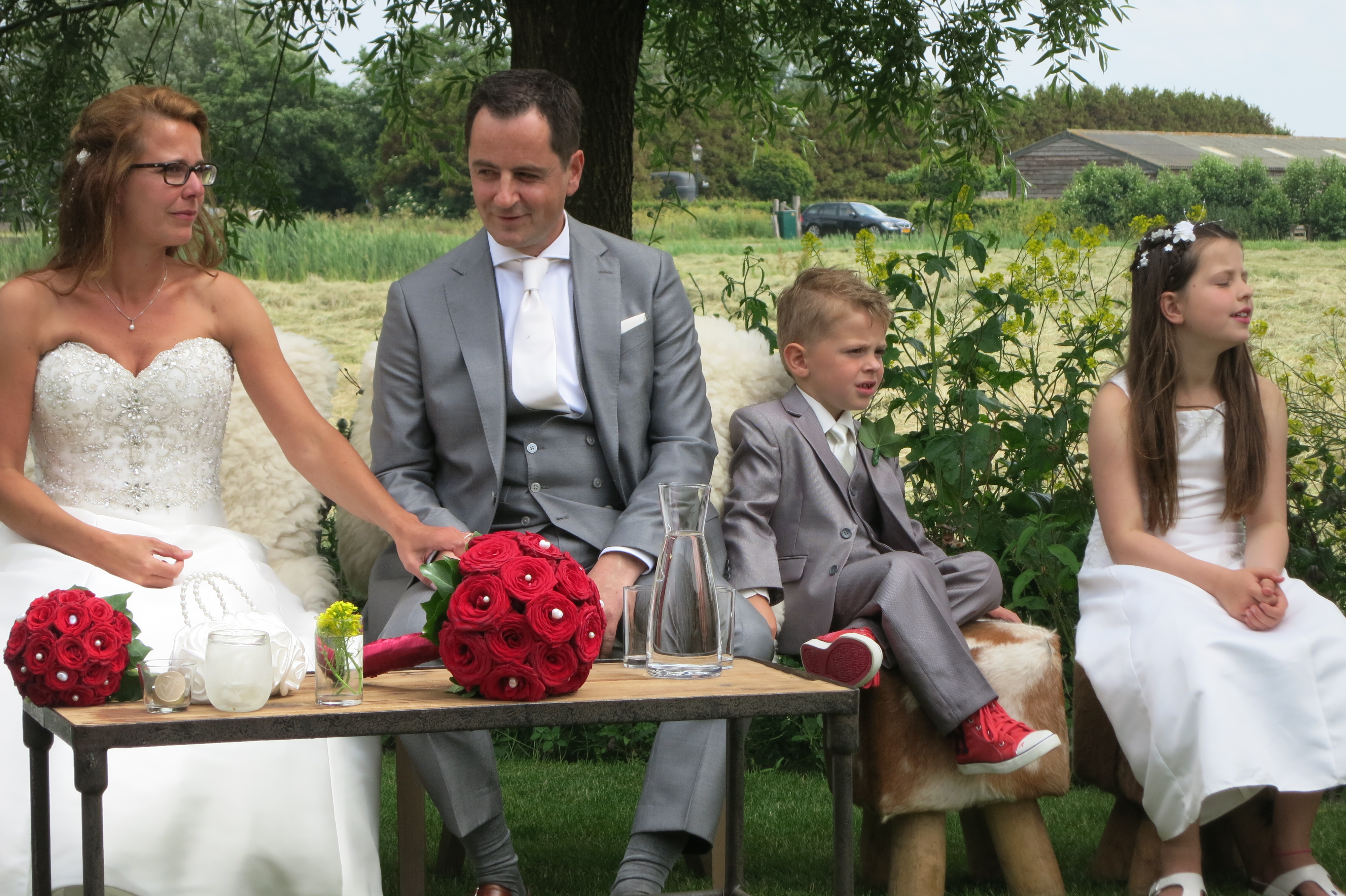
Winning the peace
The supreme court has decided, so now in all of the USA same sex marriages are legal. With this landmark decision the USA has joined the many nations in the world where such a union has become official, and from the Netherlands, the first country where these marriages became official, we extend a warm welcome…
-
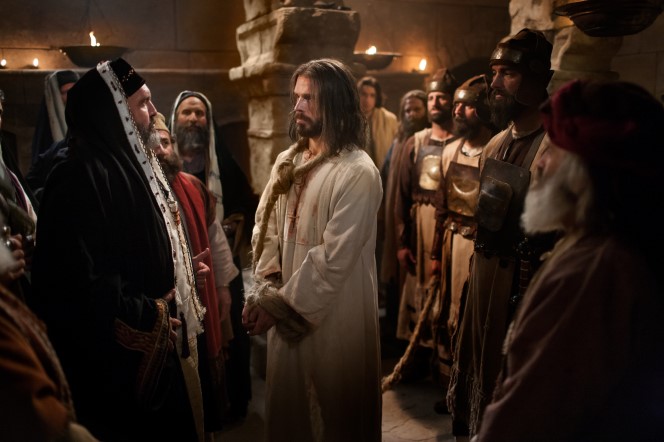
Pilate and Jesus, a colonial view
In studying the last days of Jesus, like in lesson 26 of Gospel Doctrine, we habitually view the complicated chain of events that led to Jesus’ death from the viewpoint of the victim, with the dominant party furnishing the bad guys, the culprits of the story. Evidently, the Jewish authorities are prime suspects, but throughout…
-
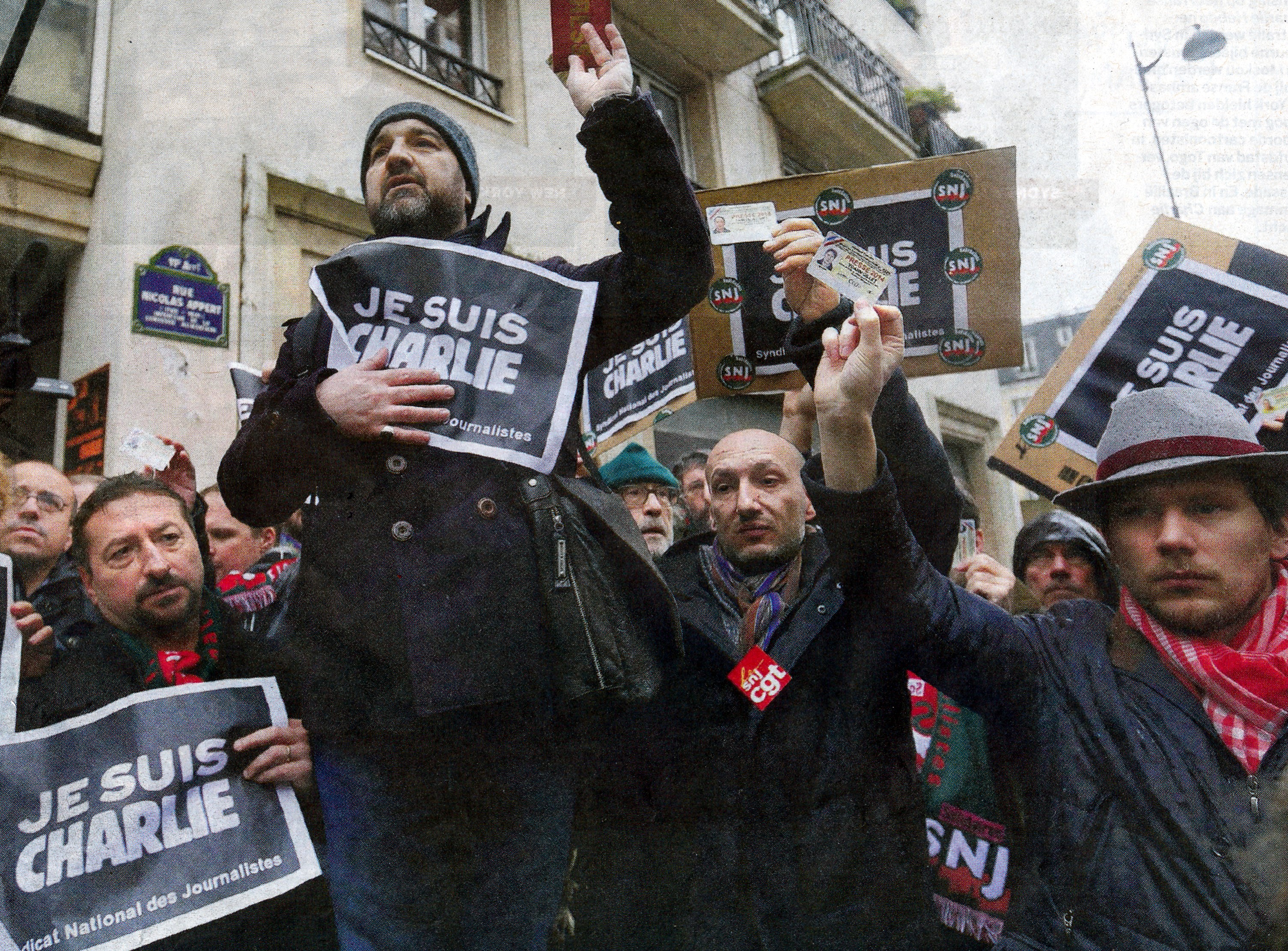
We are all Charlie
The horrendous attack on Charlie Hebdo last Wednesday has shocked the world. This is beyond humanity, and all reactions, also from the Muslim communities, is one of deep anger and clear condemnation. Everywhere this murderous spree is seen as an attack on a core value in modern free society, the freedom of the press. Whoever…
-
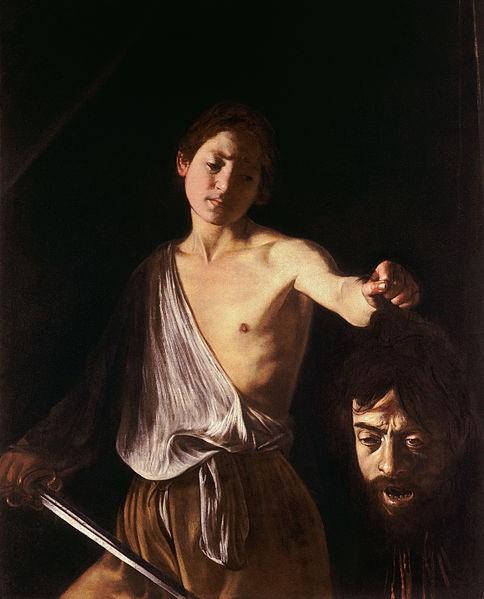
Who killed Goliath? CSI in Jerusalem
Who really killed Goliath? Of course, this is the most stupid question possible. After all, this is one of the most advertised killings in the history of the world, its record read by millions of admiring people, glorifying in the victory of the brave and smart reddish boy over the Big Ugly Brute. Add the…
-
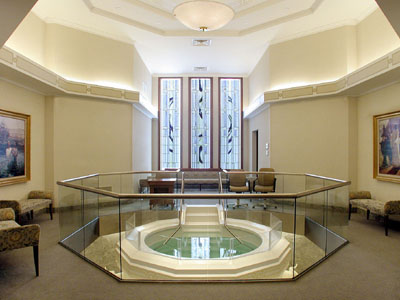
A temple, a temple, we already have a temple
Yes, we do, a lot of temples, more than ever in history. We are, as the leaders never stop telling us, a temple building people, and if anything distinguishes us from our fellow-Christians it is our temples. For us the temple is a crucial religious and ritual focus, the apex of our notion of holiness;…
-

A gospel born in grief
It is time now to ponder, after the silence of bereavement. For me the gospel is sometimes hard to believe, often an intellectual challenge, but always a comforting presence. Things go wrong in this world (well, many things go right as well) but in our day and age the things that do go wrong seem…
-
Mourning and the Gospel
At this moment The Netherlands, like many other countries, are in deep mourning, shocked by the terrible news of the downing of MZ17 in the East of Ukraine. Each of us has somewhere in his or her network people who were in that flight; my faculty lost a whole family, the dean of Liberal Arts…
-
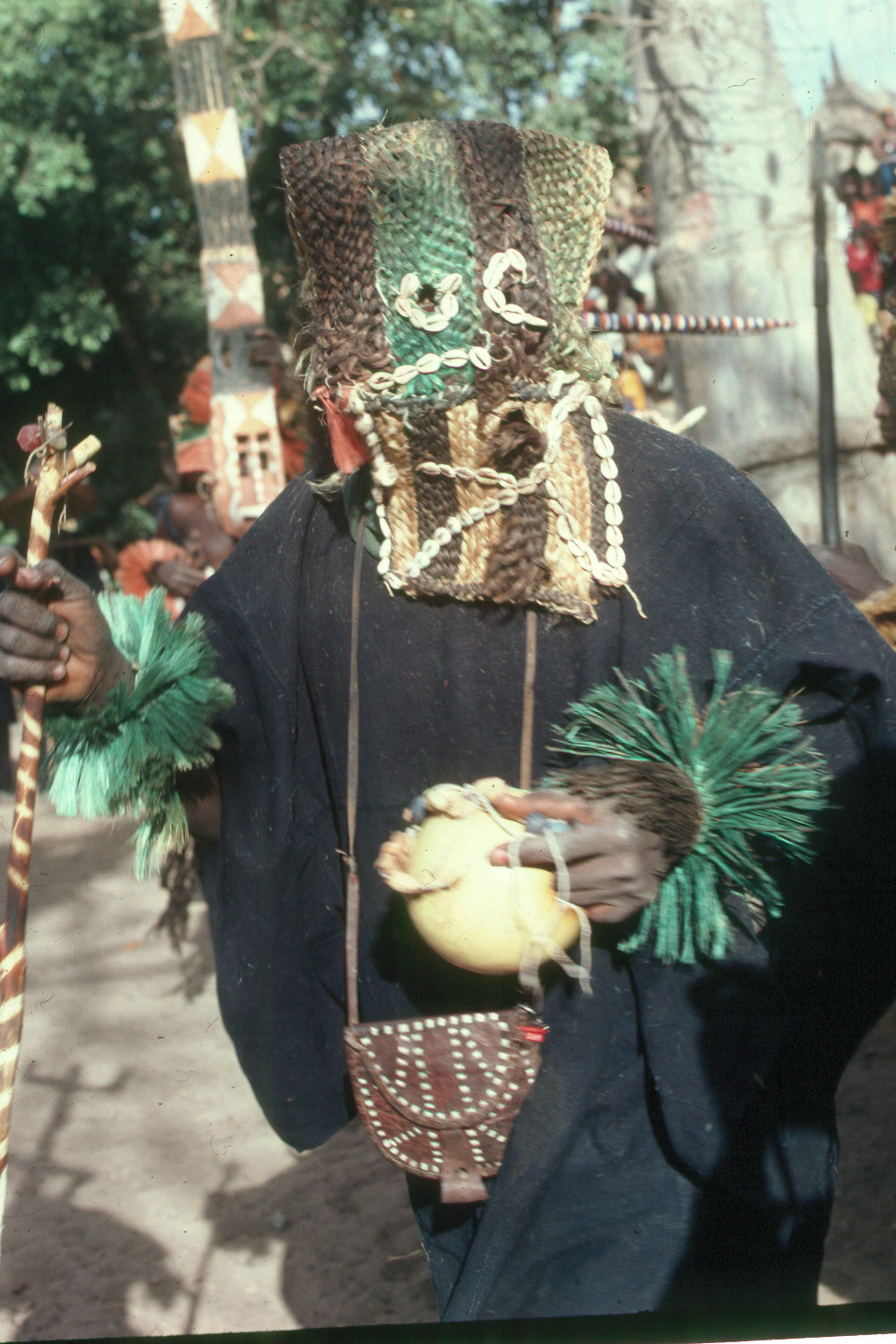
Laughing with the Bible
Humor in the Scriptures? Come on! The Gospel is serious matter, isn’t it? Yet, humor is there, sometimes clear, sometimes disguised, but the ‘third voice’—the reading of the text from the viewpoint of the author—can be very funny. We saw Balaam being topped by a she-ass, very amusing, but there is a larger example, more…
-
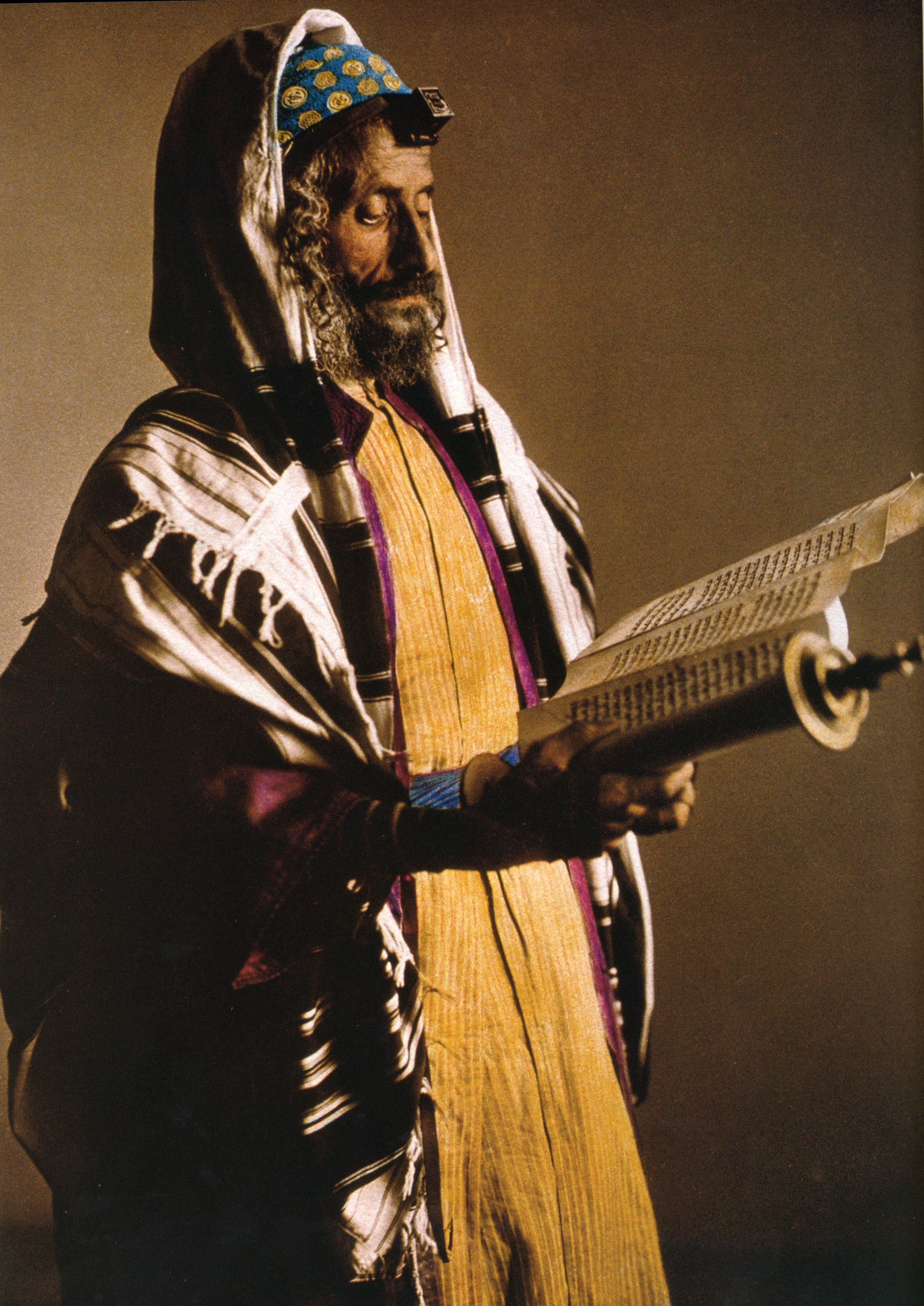
It always starts with a book
When the Lord wants to ‘refresh’ the gospel, He brings forth a book, it seems. The Restoration was triggered with the Book of Mormon, for the Reformation the first printing of the bible in German was indispensable and Christianity became something else than a Jewish sect the moment Paul’s letters and the early gospels came…
-
Who is Israel?
When teaching Institute recently to a class of LDS students in our ward, I used the term ‘Latter-day Israel’ and met with a surprised silence: they had never heard the term. Yet, all of them were second generation members, born and raised in the church and thoroughly schooled in whatever the church had thrown at…
-

The three voices of the Scriptures
I love the Old Testament, both as an anthropologist and as a Mormon. None of our other Standard Works has as many wonderful stories as the OT, and none raises as many questions as this longest and most complex of all Scriptures. Now that we plough our way through it in Sunday School, we noticed…
-
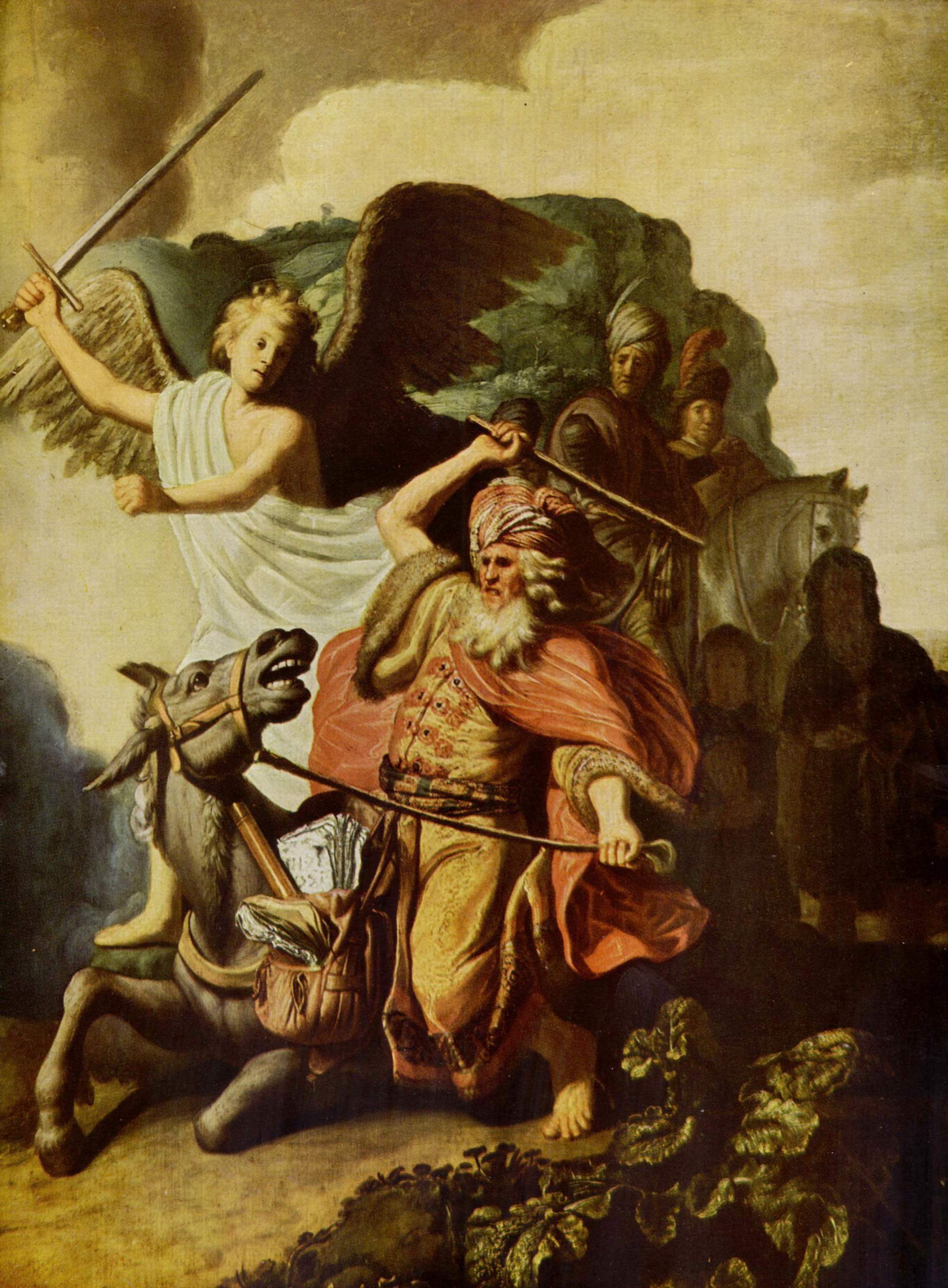
Reading Bileam: an embarrassing prophet and us
The Gospel Doctrine class gives quite some attention to one of the strangest stories in the Old Testament, the one of the prophet Bileam, or Balaam; I just taught it in our ward in the Netherlands. The story is strange in many ways, and with a personage that is surrounded by miracles one easily assumes…
-
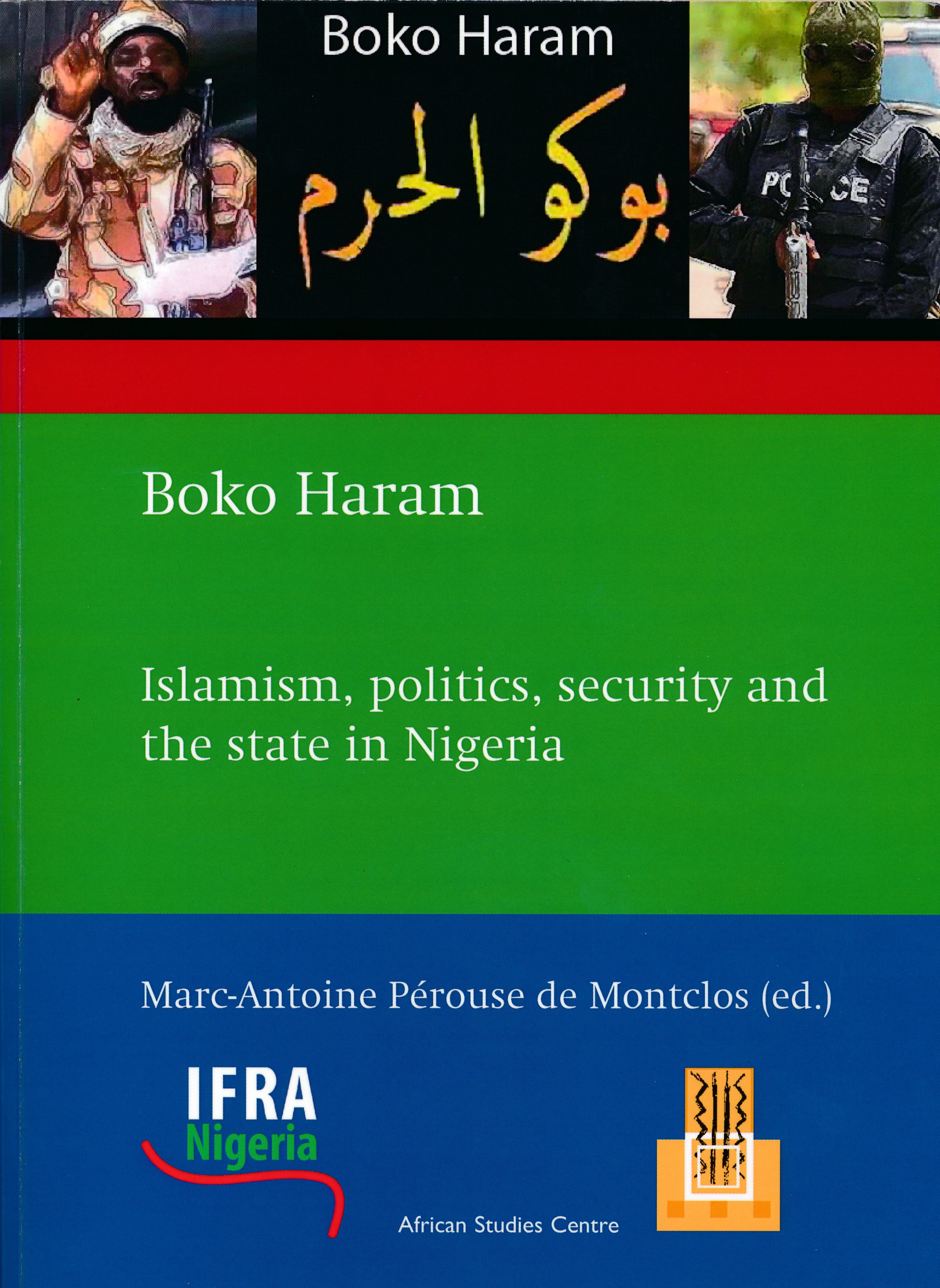
Boko Haram, 200 schoolgirls and us
The French president Francois Hollande is convening an international conference with the countries around Nigeria on the question how to deal with Boko Haram, Michelle Obama addressed the USA on the plight of the abducted schoolgirls: all through the western world the media react to this incident in North Nigeria. Last Saturday I gave an…
-
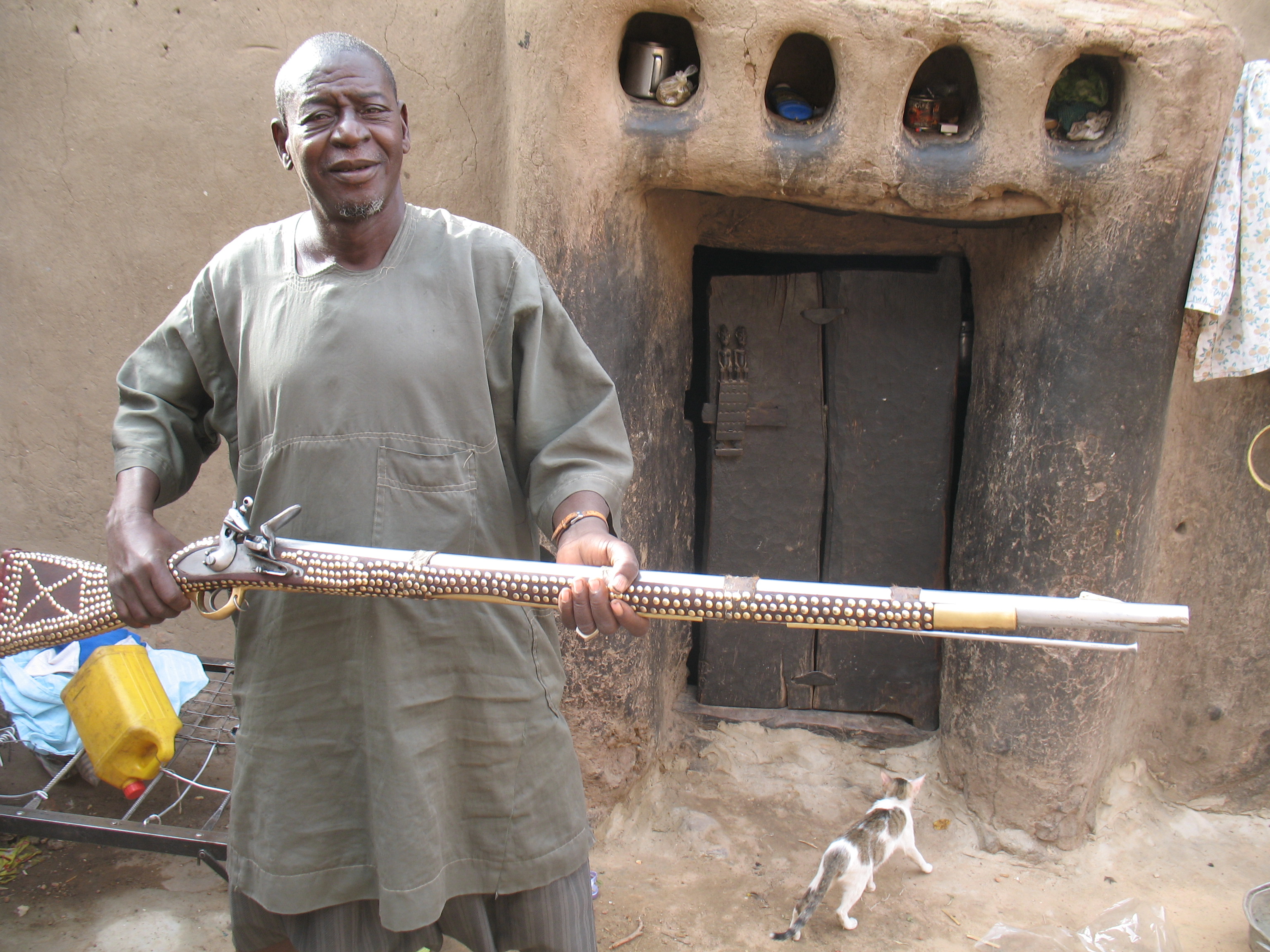
A house with a gun is not a home
Everybody was shocked by the news that on April 19 in Utah a three year old girl killed her two year old brother with a shotgun. Poor boy, poorer girl and still poorer parents, what a tragedy, also for the wider family, the ward, the community, the church, in fact for everyone. This is exactly…
